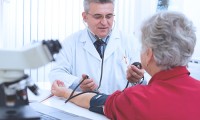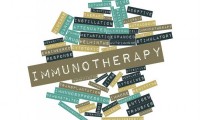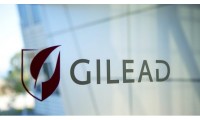-
3 Ways in which Healthcare & Pharma are Changing Marketing Strats.
- Source: drugdu
- 1,050
- May 14, 2018
-
U.S Doctor trust Biogen and Bristol-Myers Squibb
- Source: fiercepharma
- 878
- May 10, 2018
-
Takeda, Japanese pharma giant clinched to Buy Shire for $61.50 billion
- Source: business standard
- 990
- May 9, 2018
-
Fitbit partners with Google digital health innovation
- Source: Ddu
- 1,404
- May 8, 2018
-
Privately-held Manipal increases bid for Fortis for INR 8358 Cr.
- Source: Ddu
- 807
- May 8, 2018
-
Healthcare sector startups to watch in 2018
- Source: Crunchbase
- 1,024
- May 7, 2018
-
Harvard’s Wyss Institute partners with Cellectis to recode the human genome
- Source: immunotherapies
- 999
- May 4, 2018
-
Gilead inks $90m deal with Verily to create “molecular map” of inflammatory disease
- Source: drugdeliverybusiness
- 891
- May 2, 2018
your submission has already been received.
OK
Subscribe
Please enter a valid Email address!
Submit
The most relevant industry news & insight will be sent to you every two weeks.













